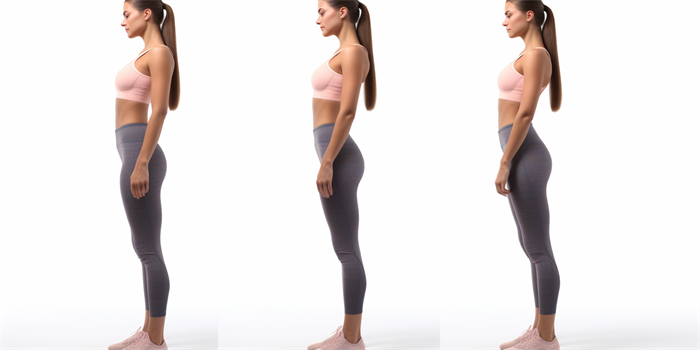Can I Eat Beef After Sclerotherapy in San Fernando?
Sclerotherapy is a popular treatment for varicose veins and spider veins, involving the injection of a solution directly into the vein to make it shrink and eventually disappear. After undergoing this procedure, patients often have questions about their dietary restrictions, particularly whether they can continue to consume beef. This article will explore the implications of eating beef post-sclerotherapy, covering aspects such as nutritional considerations, potential risks, and general dietary advice.

Nutritional Considerations
Beef is a rich source of protein, iron, and B vitamins, which are essential for overall health and recovery. After sclerotherapy, the body needs adequate nutrients to heal and repair tissues. Protein, in particular, is crucial for wound healing and muscle repair. However, it is important to consider the method of preparation and the fat content of the beef. Opting for lean cuts of beef and preparing them in healthy ways, such as grilling or baking, can help maintain a balanced diet without compromising recovery.
Potential Risks
While there are no direct contraindications between beef consumption and sclerotherapy, certain aspects of beef eating might pose risks. For instance, high-fat meals can lead to gastrointestinal discomfort and may slow down the healing process. Additionally, if beef is consumed in large quantities, it could potentially lead to inflammation, which is generally discouraged during the recovery period. Patients should also be cautious of consuming undercooked or processed meats, which can harbor bacteria and increase the risk of infection.
General Dietary Advice Post-Sclerotherapy
Post-sclerotherapy, it is generally recommended to follow a balanced diet that promotes healing and reduces inflammation. This includes consuming plenty of fruits, vegetables, whole grains, and lean proteins. While beef can be part of this diet, it should be consumed in moderation and prepared in a healthy manner. Drinking plenty of water and avoiding alcohol and caffeine can also aid in the recovery process. Patients should consult with their healthcare provider for personalized dietary recommendations based on their specific health conditions and the outcomes of their sclerotherapy.
FAQ
Q: How soon after sclerotherapy can I eat beef?
A: There is no specific waiting period to eat beef after sclerotherapy. However, it is advisable to start with small portions and monitor how your body reacts, especially if you have any pre-existing conditions or dietary sensitivities.
Q: Should I avoid any specific types of beef after sclerotherapy?
A: It is generally recommended to avoid very fatty cuts of beef and processed meats. Lean cuts prepared in a healthy manner are a better choice.
Q: Are there any supplements I should take after sclerotherapy?
A: While supplements can be beneficial, it is important to consult with your healthcare provider before starting any new supplement regimen. They can provide guidance based on your specific health needs and the results of your sclerotherapy.
Q: How long should I follow a special diet after sclerotherapy?
A: The duration of a special diet depends on individual recovery rates and health conditions. It is generally advised to maintain a balanced diet until fully recovered, which could take several weeks to months. Regular follow-ups with your healthcare provider will help determine the appropriate duration.
In conclusion, while beef can be part of a balanced diet after sclerotherapy, it is crucial to consume it in moderation and with consideration for its preparation and nutritional content. Following a diet that supports healing and reduces inflammation will aid in a smoother recovery process.




